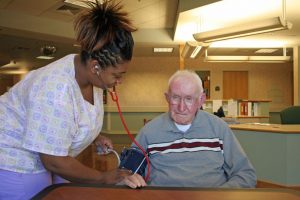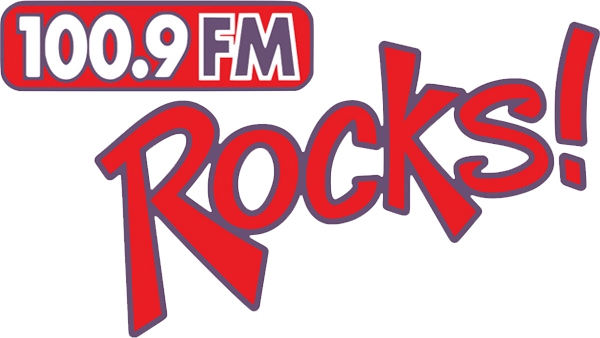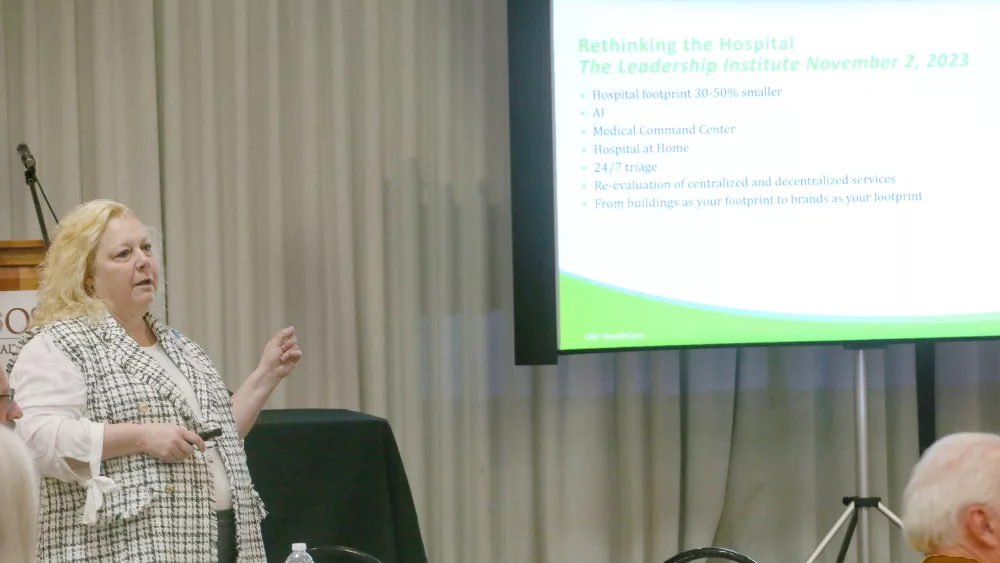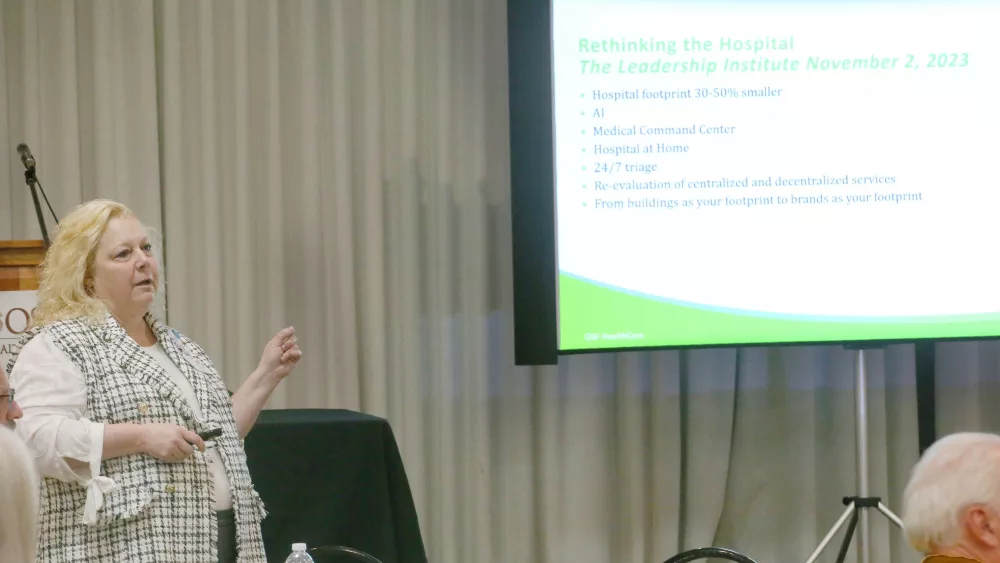
CHICAGO — Governor Pritzker signed an equity-focused nursing home rate legislation hoping to improve care for nursing home residents across Illinois yesterday. The legislation holds facility owners accountable by tying new funding to improving care for vulnerable residents. Increased funding will now be tied to staffing levels along with a new pay scale for certified nursing assistants that increases wages based on years of experience.
“Since day one of my administration, I’ve made it clear that everyone deserves quality, affordable healthcare,” said Governor JB Pritzker. “With today’s signing, Illinois will no longer tolerate an emphasis on profits over people, especially at the expense of our most vulnerable Illinoisans.”
Additional funding will be dedicated to addressing increased costs at nursing facilities due to labor shortages and wage increases, with an adjustment of $4 per resident day for facilities that serve an above average percentage of Medicaid customers. Medicaid funding to support the new wage scale for certified nursing assistants will increase funding for wages by as much as $8 per hour, depending on a worker’s role and length of service in nursing homes.
Accounting for federal matching funds, Illinois will invest more than $700 million in Medicaid funding in the nursing home industry through a combination of new revenues generated by simplifying and expanding the existing nursing home assessment tax, and by allocating additional general revenue funds.
The Medicaid program will repay nursing homes that opt in for their share of the cost of the wage scale increase. For some facilities, Medicaid will fund virtually the entire cost of the scale. The scale is structured so that CNAs will receive an increase for each year of their experience in Illinois nursing homes.
For those with at least one year of experience, their wage will increase by at least $1.50 per hour, and Medicaid will pay its share of that $1.50 increase. The pay increase goes up by $1 for each year of experience, topping out at a $6.50 per hour increase for those with six or more years of experience in nursing homes. The legislation also allows for a $1.50 per hour wage increase to accompany qualifying promotions, which is in addition to the experience-based wage increases. Medicaid will fund its share of this increase too, up to 10-15% of nursing home CNAs.
Illinois will become the first state to implement this reform model, as well as the first to incentivize better nursing home staffing at this magnitude. For the first time in Illinois, there will be a direct tie between funding for nursing home industry and quality measures, including the hiring of staff.
Medicaid customers, and especially Black and Brown nursing home residents, are more likely to live in understaffed facilities, making equity a driving force behind the changes in the nursing home rate reform legislation. COVID-19 disproportionately affected nursing homes in vulnerable, often Black and Brown communities, further widening the inequities that exist within long-term care. But the need for change in the nursing home Medicaid payment system in Illinois began long before the pandemic.
The Illinois Department of Healthcare and Family Services (HFS) spends over $2.5 billion annually to care for the roughly 45,000 nursing home residents who are enrolled in the Medicaid program, which accounts for nearly 70% of nursing home residents in the state. The legislation ties new funding to accountability and transparency for nursing facilities by adopting the federal Patient Driven Payment Model (PDPM), which is designed to more accurately reflect the clinical care needs of residents and requires the disclosure of all individual nursing home ownership interests.
The law goes into effect July 1, 2022 pending federal approval.
On Air Now
Up Next

Weekdays 5 a.m. to 9 a.m.

Weekdays 9 a.m. to 2 p.m.

Weekdays from 2 p.m. to 7 p.m.

Weekdays 7 p.m. to 12 a.m.






